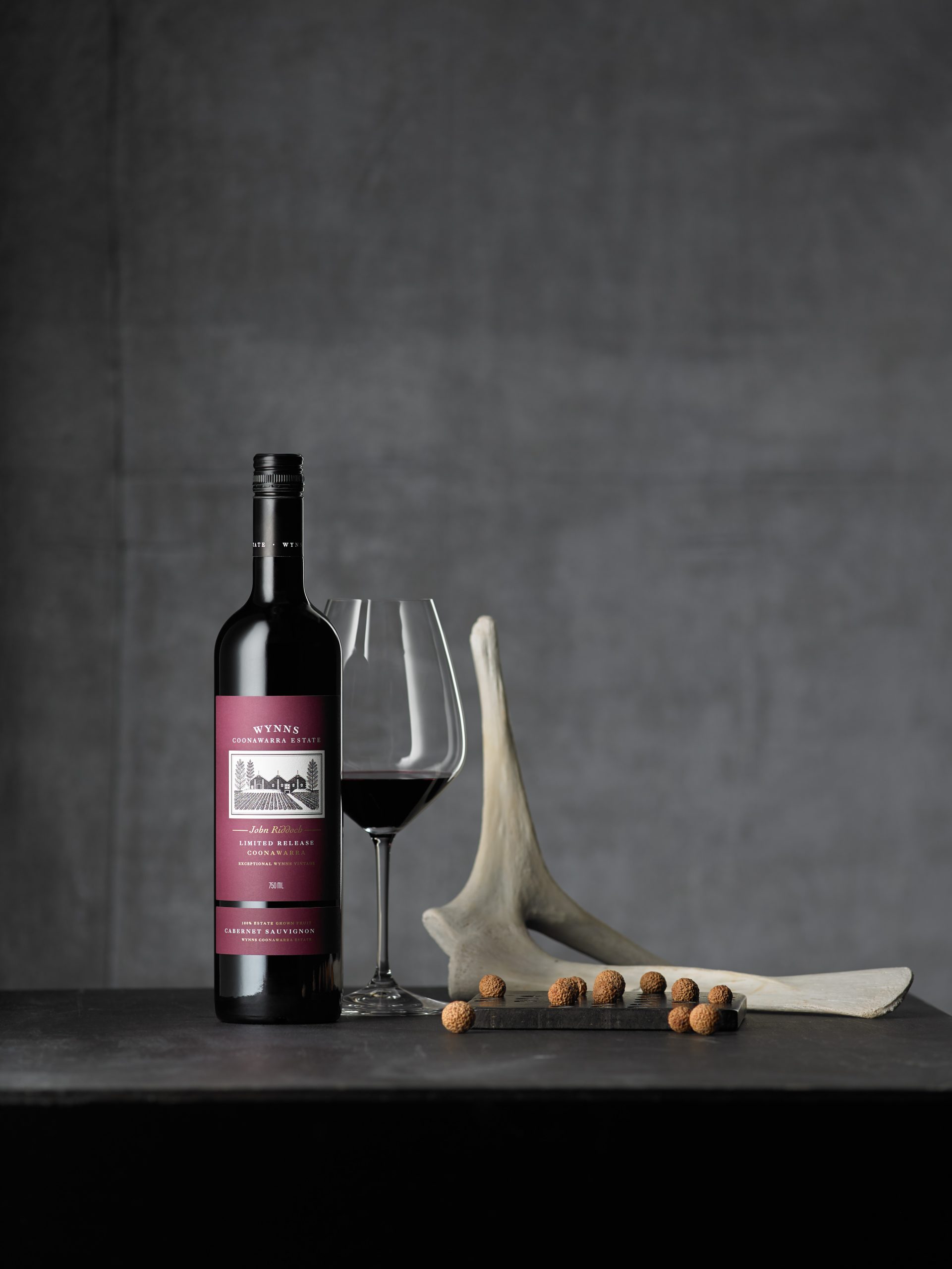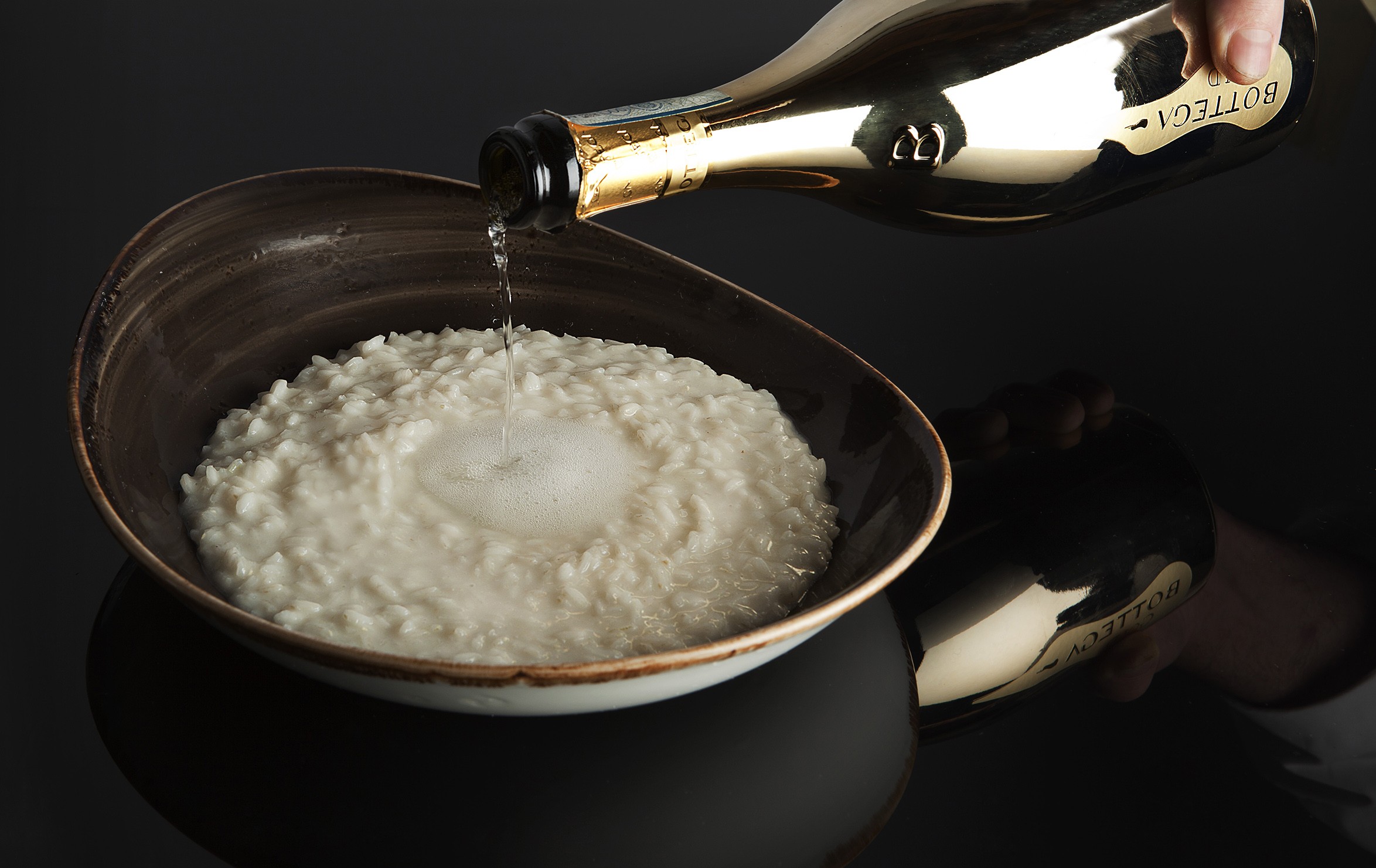China tariffs make market ‘unviable’ for Australian wine
China looks set to impose enormous tariffs, in excess of 200%, on imports of Australian wine in a move which Australia’s trade minister said makes the market “unviable” for the country’s wines.
In what Canberra has described as a breach of the two countries’ free trade agreement, China will apply tariffs ranging between 107% and 212% on Australian wines – depending on the producer – from this Saturday (28 November) for what Beijing claims is ‘dumping’ of Australian wine on the Chinese market which has caused “substantial damage” to the domestic industry.
There is no fixed end date to the tariffs which were described as “temporary”.
The news caused Treasury Wines Estates to halt trading in its shares on Friday afternoon (in Australia) after its shares fell 11.25%.
Australian trade minister, Simon Birmingham, said in a statement: “This is a devastating blow to those businesses who trade with China in the wine industry.
“It will render unviable for many businesses their wine trade with China. And clearly, we think it’s unjustified, and without evidence to back it up.”
Australian wine, beef, coal and other exports have been targeted by Beijing in the trade standoff between the two nations which have been simmering for the last two years and boiled up this summer.
In August, China declared it was launching an investigation into alleged ‘dumping’ of cheap Australian wines onto the market, apparently at the behest of the domestic wine industry.
Many commentators expected the investigation to take a while to complete, perhaps lasting into next year but it has apparently come to its conclusion already.
China’s trade ministry said in a statement: “After filing the case, the ministry of commerce conducted an investigation in strict accordance with the relevant laws and regulations of China and the WTO rules, and made the above preliminary ruling.”
An “intrusive” questionnaire was sent to Australian wineries who ship to China in September as part of the investigation, while imports have slowly ground to a halt in November with shipments not being processed through Chinese customs or even allowed to dock in some ports.
Partner Content
As reported by the Guardian, some 60 ships laden with coal are stuck off the Chinese coast, while two bulk wine carriers that have been sitting off-shore since June – two months before the anti-dumping investigation was launched – were finally allowed to dock this week.
Several trade experts have noted China’s tactics of late include applying trade pressure when faced with diplomatic questioning and the timings and speed of the ‘investigation’ given the loggerheads the two countries have found themselves in is sure to raise eyebrows.
“The cumulative impact of China’s trade sanctions against a number of Australian industries during the course of this year does give rise to the perception these actions are being undertaken as a result or in response to some other factors,” said Birmingham.
Beijing recently released a list of complaints against Australia which included rejecting Chinese investment on national security grounds and “incessant wanton interference” in Chinese policies towards the sovereignty of Hong Kong and Taiwan and its treatment of the Uighur people.
Birmingham said the introduction of the tariffs was “completely incompatible with China’s obligations under the terms of the two nations’ free trade agreement and through the World Trade Organisation.
Australia has 10 days to appeal the decision while the Australian agricultural minister, David Littleproud, has announced a crisis meeting for the wine industry and said the government would stand by its winemakers.
Australia’s exports to China have boomed in the past few years, with the country rising to become the biggest importer of Australian wines in the world.
About 37% of Australian exports worth as much as AU$1 billion are sent to China, while Treasury Wine Estates – the producer of Penfolds – recoups about 40% of its total earnings from the country and has been singled out in the past for making suppliers take on large amounts of cheaper wine in order to secure allocations of its top labels.
TWE has denied any wrongdoing and said in a statement it was “reviewing the provisional measures as a matter of urgency in order to update the market”.




